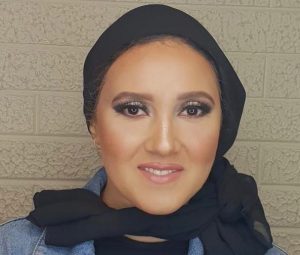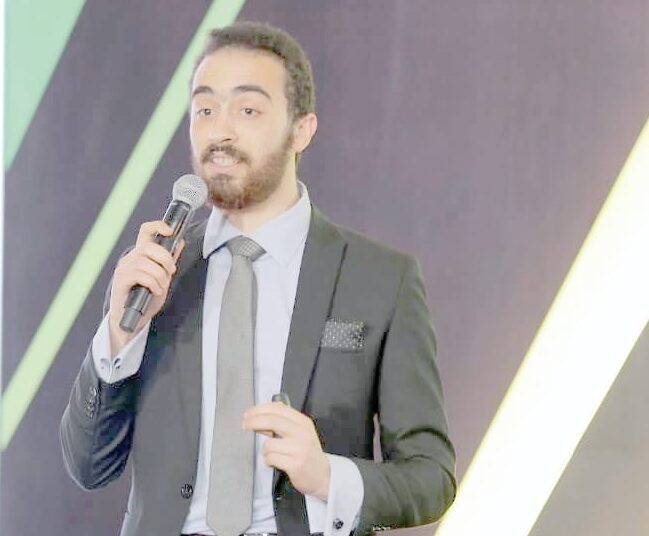
When Abdullah el-Attrash, 22, was doing voluntary work with the UN on environment conservation in Cambodia, he realised how far plastics have a negative impact on the environment and on businesses. With co-founder Eyad Farouk, he launched Natrify startup, which supplies environment-friendly products for the packaging industry.
EG: Why did you start and what’s the passion behind it?
Abdullah el-Attrash: Natrify began its journey when I was volunteering in Cambodia as a member of UNEP. At that time, I realised that plastic has not only an effect on our environment, but also on businesses that depend on plastics in their product packaging.
So, we wanted to create an environmental hub for the MENA region where we can not only provide products that save the environment, but also meet the needs of consumers and business.
Plastics are huge source of carbon emissions, which drove me to find a solution. It is also well known that plastics are not biodegradable. Rather, they break down into microplastics.
EG: What is your background?
AA: I studied business management at Ain Shams University and began my work experience as a marketing intern at the Arab African International Bank (AAIB). After this, I wanted to explore my leadership side, so I joined Youth Leadership Foundation. Afterwards I made my first micro masters in businesses administration, then pursued others until I reached a total of five micro masters in several aspects of businesses administration, strategic management and economics. Currently, I’m an MSc candidate in applied economics for financial markets at the University of Bath, UK.
I started my entrepreneurial journey with one of my current co-founders and old friend, Eyad Farouk at high school, where we made an event organising venture.
EG: What is the problem you solve and your value proposition?
AA: Plastic use petroleum-based raw materials and produces enormous amounts of carbon emissions. Businesses that use plastics have two options: either to continue using plastic, sully their public image, and risk of accountability, or use a substitute that is expensive and probably more harmful to the environment, like paper.
We create a solution that is sustainable and for the least marginal cost, while prompting the consumer to consider the environment.
Natrify’s products will supply packaging without the environmental damage, while the businesses that use them can market themselves as green without additional cost. Meanwhile, consumers can be like eco-warriors.
We rely on direct sales as a main revenue stream by selling our bags to companies through a contract-based system.
There is also a new revenue model that we will be testing for markets affected by the plastic ban, which we call the ad model, where we supply local businesses with our products for free and we then charge major brands that have social CSR strategies to market their impact on those bags.
EG: What are the challenges facing you?
AA: We are a start-up in the field of environment in an ecosystem dominated by tech start-ups. That’s very challenging. We did not get as much support as other tech entities. The biggest challenging, I believe, is coping with the several changes in importing and lockdowns due to Covid-19, which constantly affects our timeline and machine acquisition.
EG: What are your achievements and future plan?
AA: Natrify has managed with minor resources to acquire major brands in our customer base with commitments that expand to our fifth year of production with a total capacity of 100k tonnes per year. We have won several prizes including first place in the Biznex competition, regional finalists for the Hult prize, third place in Ahmed Abou Hashima’s startup power competition. We are currently seeking our seed funding from regional or international venture capital investors. If we closed an investment round, we will start building our production capacity for next year with a total capacity of 10,000 tonnes per year.
EG: Do you think the ecosystem is helping you?
AA: There is no doubt that we are getting major support not only from the ecosystem here but globally. However, we are still attracting fewer investors and support programmes than most tech start-ups usually attract at our stage.






Discussion about this post